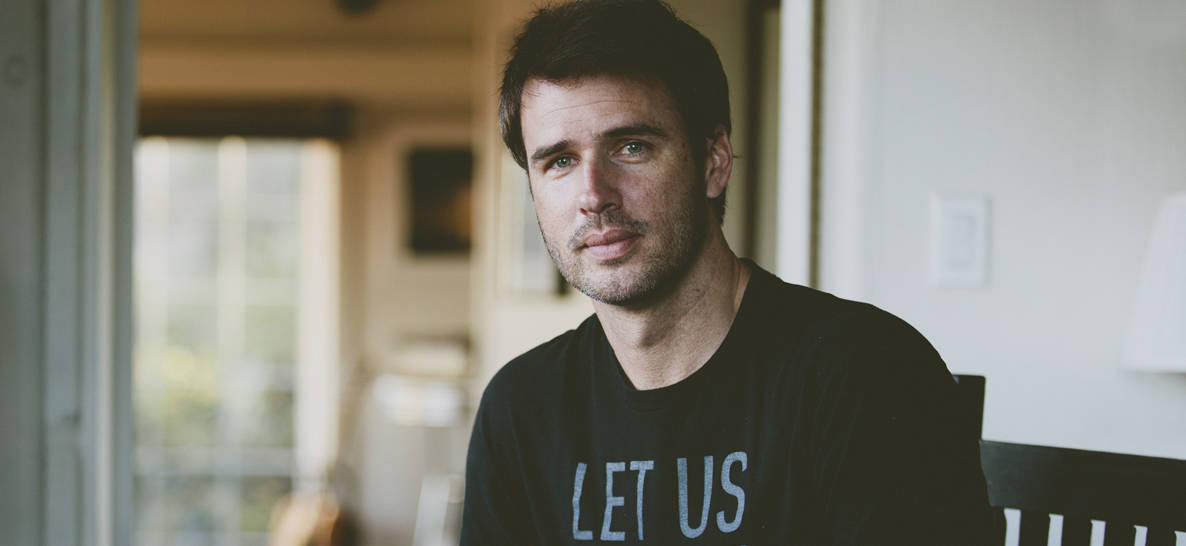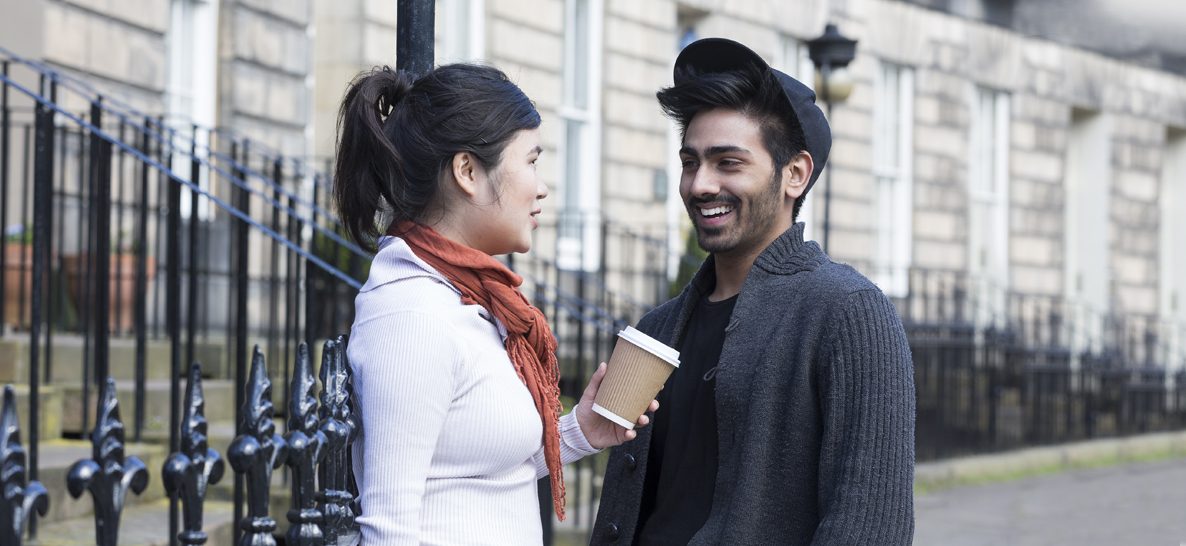
Jamie Tworkowski’s To Write Love on Her Arms has had a big year. The nonprofit—which seeks to bring awareness and hope to those struggling with thoughts of suicide and self-harm—was the basis of a movie earlier this year. And at the end of May, Tworkowski’s book, If You Feel Too Much, hit shelves. The book features stories from the nearly 10 years of TWLOHA—presenting real stories of pain and hope.
We talked to Tworkowski about the book, his work and how to encourage people to ask for help.
How have you seen the conversation surrounding self-injury and depression evolve in the last 10 years and become part of the cultural dialog?
I feel like we get to see a lot of evidence of change, we get to see a lot of reasons to be hopeful. When the organization first started, when I first wrote the story, the word “emo” was this kind of popular buzzword and it was this thing people loved to poke fun at.
I feel like that has gone away. I feel like that was a bad idea that a lot of people bought into. What I mean by that is, a lot of people thought these were issues that just applied to people that dress a certain way, listen to certain music, of a certain age. We really learned that these are issues that affect people all over the world who look different, dress different, listen to different music, believe different things.
I feel like, over time, we have seen people warm up to the reality that it’s OK to talk about these things. It’s OK to talk about your pain, your questions, your struggles. It’s OK to go to counseling. It’s OK to step into treatment.
Certainly, there’s still a lot of work to do. There’s still a stigma. There are still lies that exist. But I think in terms of the events that we get to step into or the places we get invited, there’s a lot of reason to hope because time and time again we get to be a part of a conversation or even lead the conversation that is really significant.
You say in the overview of the book that you share personal stories of struggling on days most people celebrate. What are some of the things you talk about?
Mother’s Day is a day where so many people post pictures of their mom and celebrate their mom, and we don’t often think about the fact that that’s a really hard day for a lot of people.
That applies to pretty much every holiday. Christmas is a great day for a lot of people, Thanksgiving is a great day for a lot of people, but when there’s a day that invites us to celebrate, it has a way of causing people to take inventory and it makes people very aware of what’s missing and what hurts.
That’s something that shows up throughout the book is just kind of maybe thinking differently about certain holidays. And not really from a strategic place. You can feel alone on certain holidays or you show up to meet your family for Thanksgiving and you’re aware that maybe you’re single and you wish you weren’t single. So just trying to be honest about some of those feelings. We’ve done that as an organization, we’ve always seen a tremendous response in saying the thing that maybe not everyone else is saying, but it’s something that resonates because so many people are feeling that way.
I’m sure, over the years, you have witnessed countless stories of people who have got the help they need or come out of a dark time. What stories from the book jumped out the most to you?
Overall, I tell people all the time, I get to meet people on the road with tears in their eyes and they say, “Hey, I’m still alive because of the work you do.”
To me, that never gets old, that’s always so incredible and I can’t imagine a better conversation to get to have, especially with someone you’re just meeting for the first time. You have no context for their story or their life. Those are the people I meet on the road, those are the emails that show up, and the notes and letters and that really fuel us.
We see the other side of the coin, as well. We hear from families that have lost a loved one to addiction or a loved one to suicide. Both certainly remind us what’s at stake and why we do what we do.
I went to Virginia Beach for an event that was held in memory of a friend of mine who was lost to suicide. It was basically a surf contest for kids, and it really wasn’t much of a contest—it was just a fun day for kids in Virginia Beach.
I got to meet my friend Zeke’s mom for the first time. I remember this experience of being on the beach watching her walk to the end of this jetty on first street in Virginia beach and watching her throw flowers into the ocean for her son. It wasn’t a ceremony—it was something she did completely alone. A friend told me that that’s what she does on his birthday and on the day he died.
I got to have a conversation with her after that and I asked her if the day was bittersweet, and she said that every day was bittersweet. It didn’t resolve anything some easy way. It was really a moment of just meeting someone in their pain, but it was really this picture that stayed with me and I ended up writing about the idea that we’re doing this work to try to keep those flowers out of the ocean. And I also talked about what a privilege it was to watch this mother continue to love her son even after he was gone.
Practically, what would you give those people in dark places as next steps?
I think first off, we want people to know they’re not alone. We want people to know that it’s OK to talk about these things. It’s OK to talk about your pain. It’s OK to talk about how you feel.
I think our hope certainly would be that they could be honest with someone, that they could be honest with a friend or a family member, that’s there’s someone in their life they trust, that they can lean on.
Then beyond that, to know that it’s OK to ask for help. Professional help, specifically counseling and treatment are things we talk so much about that we’ve come to believe in.
Something that has helped me in my life are these seasons of sitting across from a counselor for an hour a week. It started out as something really scary but ended up becoming something really important where there was a sense of progress and healing.
And so we love to tell people those two things: that it’s OK to be honest and it’s OK to ask for help.























